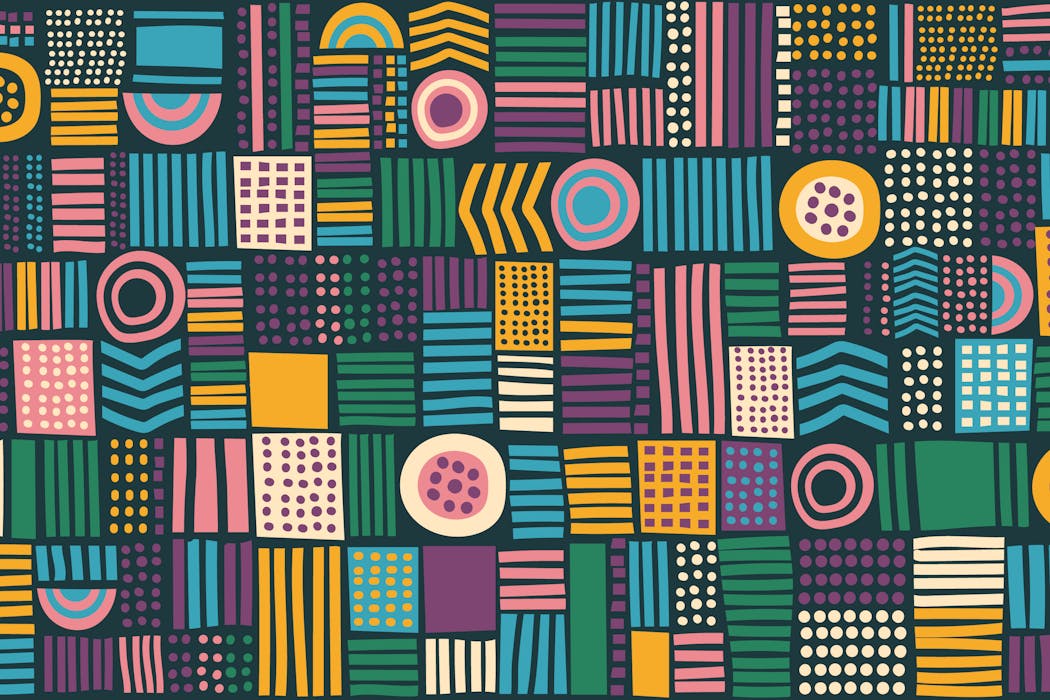Source: The Conversation – Africa (2) – By Jonathan Powell, Visiting assistant professor, University of Kentucky
What began in late September as Madagascar’s student demonstrations over crippling electricity outages and water shortages quickly evolved into broader demands for political reform. It became a call to dismantle a system widely seen as corrupt and unaccountable, and for President Andry Rajoelina to resign.
As demonstrations swelled across the country, the embattled president sought to restore order through curfews, the dismissal of his energy minister, and ultimately the dissolution of his government. To no avail.
Eventually, the elite CAPSAT unit – the same corps that had propelled Rajoelina to power during the 2009 coup – overthrew him. Once CAPSAT soldiers joined protesters, seized control of the armed forces and exchanged fire with loyalist troops, Rajoelina fled the country.
From abroad, he attempted to dissolve parliament in a bid to block impeachment proceedings. Mere hours later, CAPSAT announced it had seized power, dissolved most state institutions, and assumed control of the government.
Yet while Rajoelina’s domestic legitimacy faced severe challenges, he continued to enjoy regional recognition, most notably as the current chair of the Southern African Development Community (SADC). This suggests that leaders whose authority is widely contested at home can still receive regional and international validation.
Even as Malagasy citizens mobilised to demand accountability, institutions like the SADC repeatedly conferred legitimacy on a president with dubious democratic credentials. That’s despite their ostensible commitment to democratic governance and constitutional order.
As scholars who have published extensively on coups and political instability in Africa, we contend that this disconnect between regional endorsement and domestic opposition undermines the credibility of such organisations.
In turn, this limits their ability to deter antidemocratic behaviour, including coups, executive overreach, and the erosion of institutional checks and balances.
Elected, but illegitimate?
Questions over Rajoelina’s democratic legitimacy were far from new. In February 2009, then the mayor of Antananarivo, he attempted to declare himself president in the midst of mass demonstrations against the Marc Ravalomanana regime. He didn’t succeed but a subsequent military coup installed him as the interim leader.
That was widely condemned as an unconstitutional takeover. Madagascar was suspended from both the African Union and the SADC. His unwillingness to step down contributed to a stalled transition process that took nearly five years.
Rajoelina prevailed in the 2018 vote. While that election was widely regarded as legitimate, despite some irregularities, the 2023 electoral cycle was not. There were accusations of a pre-determined process, protests, a legal challenge to Rajoelina’s eligibility, limitations on opposition rallies and calls to delay until a more credible process could be organised.
In an especially revealing act, National Assembly president Christine Razanamahasoa – a prominent member of Rajoelina’s own party – made a public request for the SADC to push for a delay in the election and for pressure on Rajoelina to allow a freer process.
Such calls went unheeded. Rajoelina prevailed in a vote boycotted by the opposition and accompanied by historically low turnout.
Competing legitimacies
Though public confidence in the political system had plummeted, and frustration skyrocketed, international bodies that purport to defend democratic norms in the region welcomed Rajoelina.
Rajoelina was actively serving as chair of the SADC at the time of his removal. This was a shift from his previous status as a thorn in the organisation’s side in the 2009-2013 transition period.
The SADC refrained from criticising the flawed 2023 election and, in spite of the electoral issues, selected Rajoelina to serve as its chair.
Rajoelina’s case isn’t an exception. It illustrates a tendency in which leaders with dubious domestic credentials are welcomed internationally by supposedly democracy-promoting organisations. There’s also Zimbabwe’s Emmerson Mnangagwa, who rose to Zimbabwe’s presidency following the 2017 coup against Robert Mugabe.
Unlike Rajoelina, the SADC did not require Mnangagwa to take a sabbatical and he has retained power via flawed processes. Neither consistent allegations of electoral malpractice, nor rampant repression, deterred the regional body from selecting Mnangagwa as chair. Nor have such issues deterred the Common Market for Eastern and Southern Africa, which has selected Mnangagwa as its next chair.
Rajoelina’s ouster is the first time an SADC chair has been forced from power. If the organisation continues to endorse leaders who hold power through illegitimate means, it will not be the last.
The cost of legitimising illegitimacy
Accepting leaders with questionable democratic credentials deepens the damage on multiple fronts. Most directly, regional organisations can act as clubs of incumbents, with long-term negative consequences.
The 2023 Africa Governance Report on unconstitutional changes of government warned – in bold lettering – “instability may result if elections are not considered credible”.
Inconsistency on this front sends a clear signal to entrenched incumbents and would-be authoritarians: external validation may serve as a substitute for genuine domestic legitimacy. If leaders expect regional recognition despite their violations of constitutional order at home, they may feel they can ignore democratic norms, suppress dissent, or manipulate institutions.
But as Rajoelina’s fall from power shows, acceptance by regional and international bodies offers little protection when internal pressures finally erupt.
Beyond undermining domestic politics, such acts also undermine the credibility of regional organisations. When these same bodies later attempt to mediate political disputes or condemn unconstitutional actions, domestic audiences will be far less likely to see them as impartial or legitimate.
Recent developments in west Africa show how deeply this disillusionment can take root. Mass publics in Burkina Faso, Mali and Niger have rallied behind coup leaders while denouncing the Economic Community of West African States (Ecowas).
Seen in this light, the SADC’s condemnation of the coup against Rajoelina and its decision to send a fact-finding mission will likely ring hollow to many Malagasy.
The organisation’s refusal to speak up during the 2023 electoral crisis, despite a direct appeal from the National Assembly president, exposed its reluctance to challenge incumbents. Its sudden defence of constitutional order now seems reactive rather than principled.
Until such bodies apply their standards consistently, their efforts will do little to deter future power grabs – or to restore public confidence in the regional project of democratic governance.
![]()
The authors do not work for, consult, own shares in or receive funding from any company or organisation that would benefit from this article, and have disclosed no relevant affiliations beyond their academic appointment.
– ref. Madagascar coup: why turning a blind eye to an unpopular president weakens regional bodies – https://theconversation.com/madagascar-coup-why-turning-a-blind-eye-to-an-unpopular-president-weakens-regional-bodies-267897

